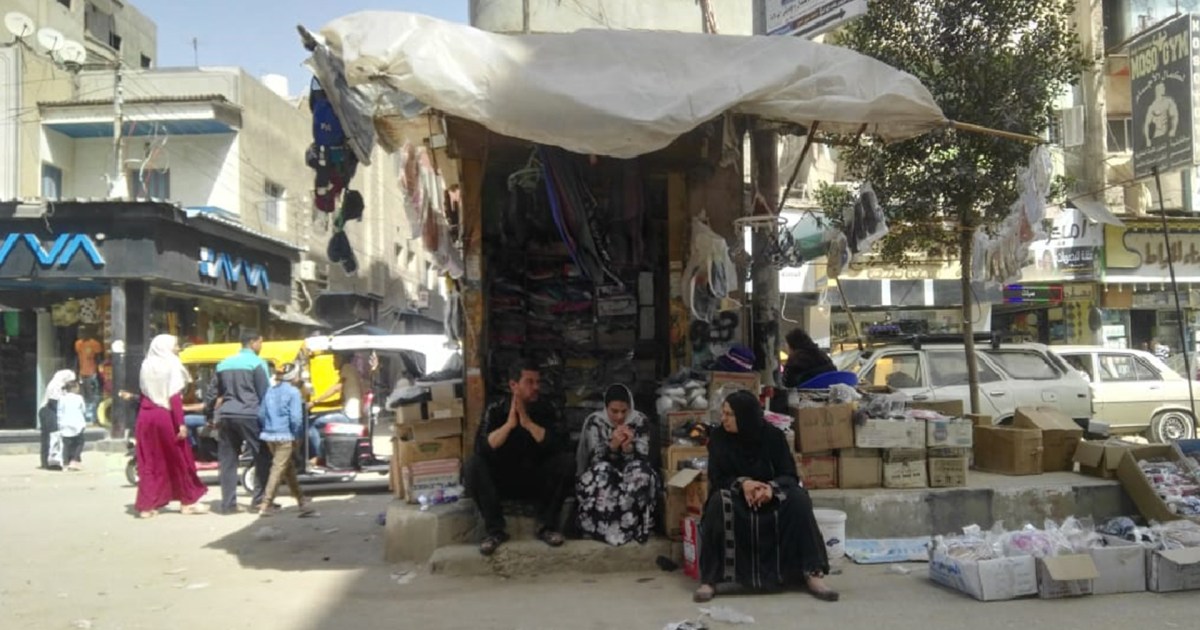Cairo -
The Egyptian parliament is preparing to discuss a draft law aimed at reducing food waste by adopting a mechanism to deal with surplus food and imposing fines on violators of up to half a million pounds, which is equivalent to about 27 thousand dollars.
The draft law submitted by Parliament Member, Amira Saber, obliges all food service providers from hotels, restaurants, retail outlets and others to conclude agreements with specialized entities - such as food banks - to regulate the optimal re-exploitation of surplus foods.
Anyone who participates in wasting food suitable for human consumption shall be punished with a fine of no less than 100,000 pounds and not more than 500,000 pounds, with the possibility of stopping the activity of the violating party for a period not exceeding 6 months, and the penalty is doubled if the violation is repeated, according to the articles of the proposed law.
The proposed program is cooperating with the Egyptian National Food Safety Authority and the Ministry of Social Solidarity, in partnership with civil society, in order to deliver food suitable for human consumption to poor families, in addition to allowing food service providers to contract with organic fertilizer production companies to recycle foods not suitable for human consumption.
With regard to food wasted at home, the new legislation stresses the need to develop the culture of individuals, to rationalize food consumption and the safe disposal of unusable food.
big waste
The month of Ramadan coincides with food consumption habits that may be characterized by waste on the part of some societal groups, which prompted the Food and Agriculture Organization of the United Nations (FAO) to announce a partnership with the Egyptian Food Bank, to reduce food waste during fasting days.
According to the United Nations Environment Program report last year, the world wastes 931 million tons of food annually, including 9 million tons from Egypt, and the per capita food waste in homes is estimated at nearly 91 kilograms per year, with the absence of waste statistics in restaurants and hotels .
In 2019, a report issued by the FAO expected that the loss and waste of vegetables and fruits in Egypt will reach 45-55% of the annual production.
And the same organization issued a recent report talking about a large waste of food in the Middle East and North Africa, which relies on imports for more than 50% to meet its food needs.
And she said in her report - issued last week - that these regions lose up to a third of the amount they import and produce, at rates of 14% to 19% of cereals, 26% of fish and seafood, 13% of meat, and 45% of vegetables and fruits.
FAO and the Food Bank organized an initiative called "Everyday Advice in Ramadan", with the aim of preserving food, reducing waste and improving food security.
Huge losses
In turn, the head of the Public Authority for Food Safety, Dr. Hussein Mansour, said that the volume of food wasted globally amounts to 30% of the global product.
He added - during the cultural salon held by the Coordination of Youth of Parties and Politicians regarding the draft law on combating food waste - that the volume of food wasted globally is estimated at 1.3 billion tons of food annually, enough to provide food for about one billion poor people worldwide.
The head of the Food Safety Authority stressed that the economic returns of the "food waste" law are very fruitful, indicating that the size of losses due to food waste operations is very large and includes different sectors.
And he added, "If 10 kilograms of vegetables were cooked and 3 kilograms were destroyed, here the loss is not only in food, but in the effort of cultivation and transportation time."
Poverty rates in Egypt amount to 29.7%, or nearly 30 million citizens, in the fiscal year 2019-2020, according to a statement by the Central Agency for Mobilization and Statistics (government).

